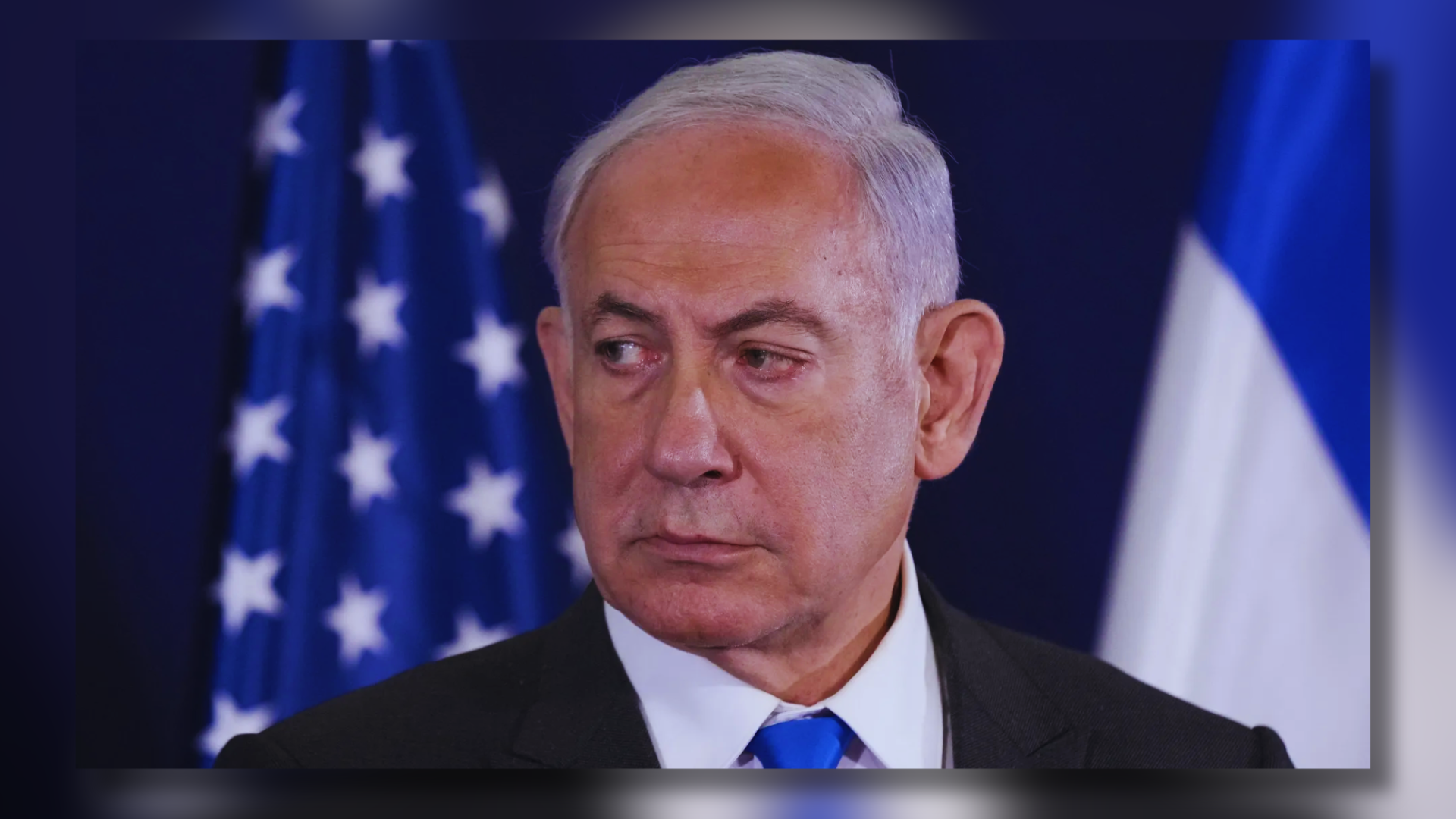Israel is under intense scrutiny following Iran’s unprecedented attack, but its war cabinet has yet to indicate a preferred course of action. Meanwhile, allies who aided in thwarting the strike are urging caution. Prime Minister Benjamin Netanyahu, notably less vocal than usual, has not outlined any specific response to Iran’s direct assault on Israeli soil.
The attack involved over 300 drones and missiles launched from Iran in retaliation for an earlier strike on the Islamic republic’s consulate in Damascus, widely attributed to Israel. While some domestic voices advocate for a strong response, Netanyahu has held two meetings with his war cabinet and reached out to US President Joe Biden.
However, he has remained publicly silent on the matter since Sunday, when he briefly praised Israeli defense efforts in a post on X.
On Monday, Israeli army chief Herzi Halevi assured soldiers that Iran’s attack would be met with a response, although he did not specify the timing or nature of the retaliation.
“There has been a lot of pressure over the last 48 hours on the Israeli government to respond due to the fact that it was a very unprecedented attack,” Iran researcher at Tel Aviv University Raz Zimmt told AFP.
“I’m not sure the Israeli government can avoid a certain immediate reaction, even if it doesn’t want to be engaged in a full-scale confrontation,” he added.
READ MORE
Coral Bleaching : Unprecedented Ocean Heat Fuels Record-Breaking Coral Bleaching Event
Zimmt said he would prefer to see “some covert activity without Israel taking responsibility for that in Iran”.
National Security Minister Itamar Ben Gvir emphasized the necessity for a strong response on the night of the Iranian launches.
Israel, concerned about potential isolation amid the Gaza conflict, highlighted and promoted its collaboration with the US, UK, and France, along with support from regional allies like Jordan, in intercepting Iran’s attack. Without their assistance, its aerial defense system, including the Iron Dome, would likely have been overwhelmed by the Iranian onslaught.
However, Western governments, particularly those backing Israel’s defense, have cautioned against further escalation. A US official stated on Sunday that Washington would “not participate” in any potential Israeli counterattack. British Foreign Secretary David Cameron and French President Emmanuel Macron also advised against retaliation.
Even Iran indicated that it considered the issue “resolved” unless Israel made “another mistake”, in which case Iran warned of a “considerably more severe” response
ALSO READ






















